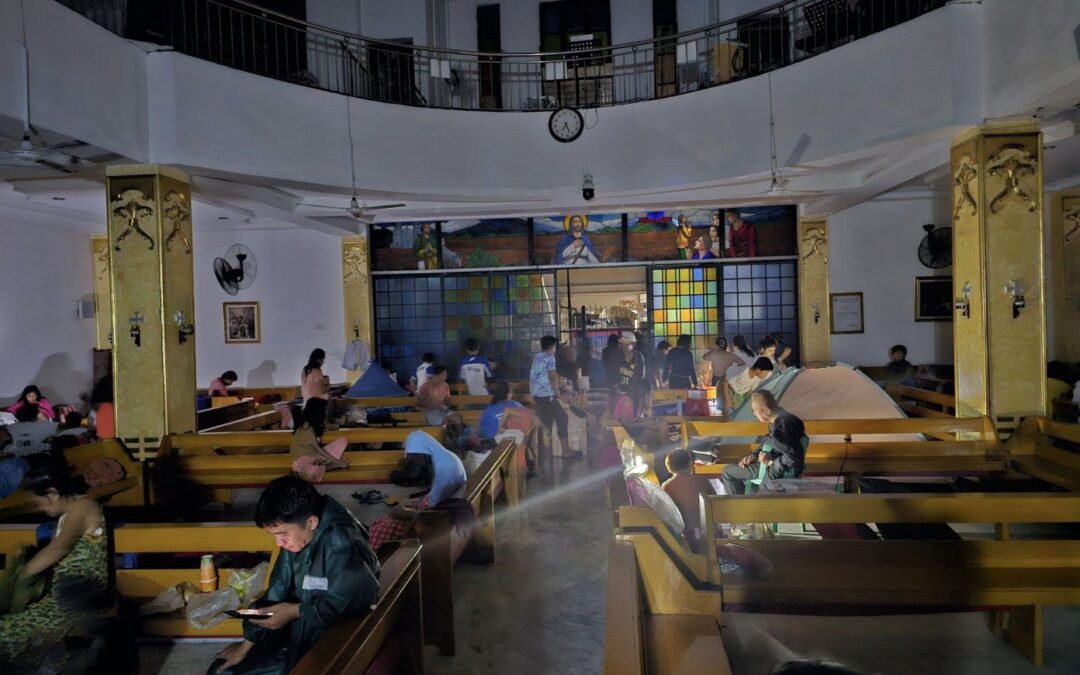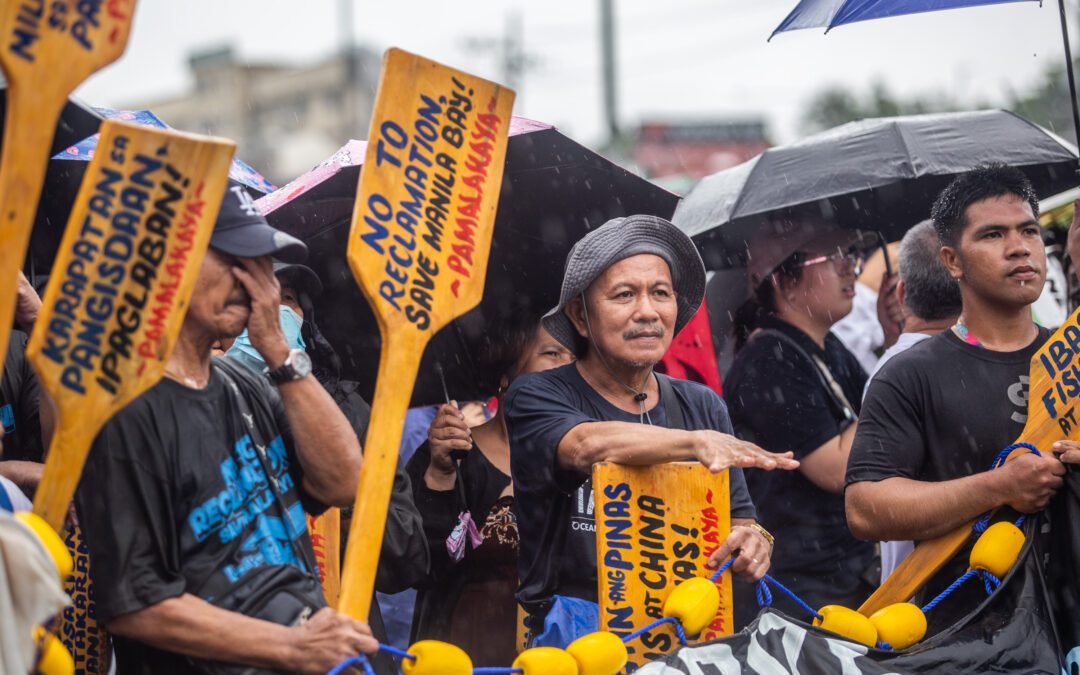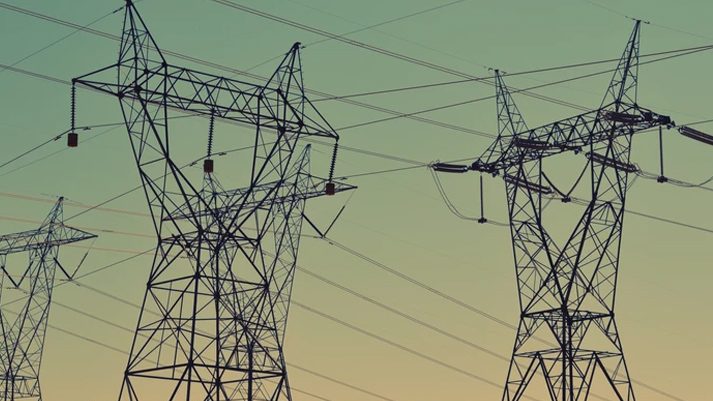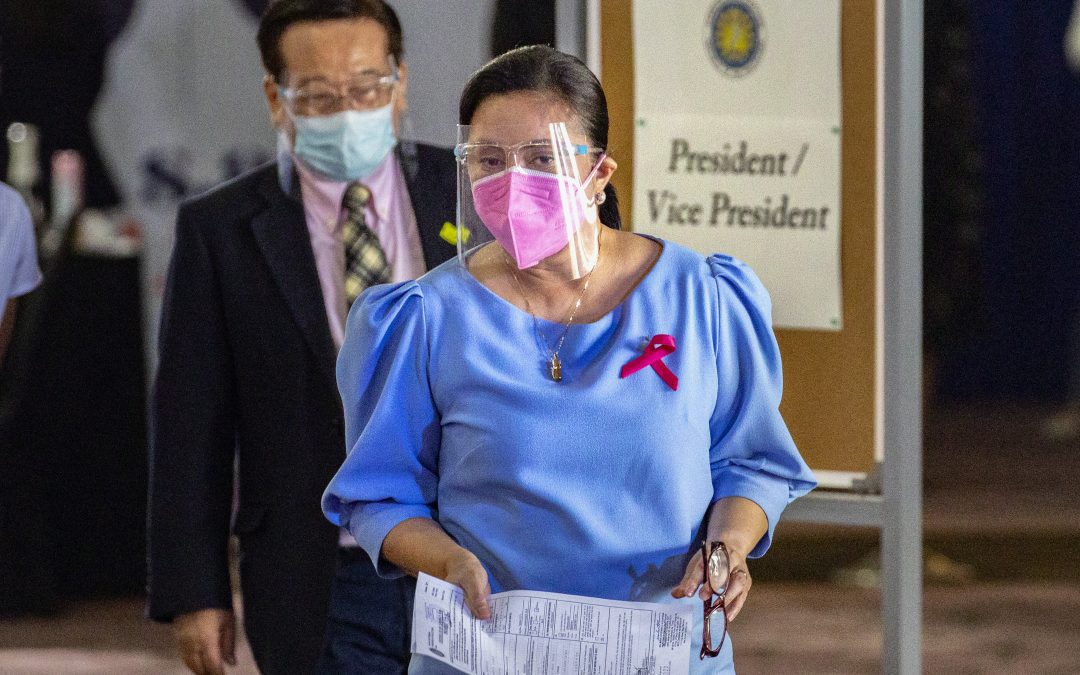By ZYSA MEI ELLORAN
Bulatlat.com
MANILA – The farmers are hungry.
This is the sentiment of Filipino farmers as they continue to call for government support having suffered the worst impacts of the El Niño phenomenon, resulting in heavy losses in their livelihood.
“Farmers need an urgent and concrete response from the government. Farmers need immediate aid, cash assistance, rice subsidies, and other short-term and long-term relief and rehabilitation efforts,” Ronnie Manalo, secretary general of Kilusang Magbubukid ng Pilipinas (KMP), said in a statement.
According to PAGASA, El Niño is a warm phase of a larger phenomenon called the El Niño-Southern Oscillation and is characterized by unusually warmer than average sea surface temperatures in the Central and Eastern Equatorial Pacific. El Niño remains active and is expected to continue until May 2024.
The latest report from the National Disaster Risk Reduction and Management Council (NDRRMC) revealed that Western Visayas is the most affected region with P687.7 million ($12.3M) in agricultural damage, followed by Mimaropa P319.7 million ($5.7M), Cagayan Valley P180.4 million ($3.21M), Ilocos P54.4 million ($974,000), Calabarzon P2.75 million ($49,000), and Zamboanga peninsula P717,527 ($42,000).
The El Niño affects 29,409 farmers and fisherfolk and 26,731 hectares of crops nationwide. “The total damage of El Niño in the country’s agriculture sector has reached almost P2 billion ($35.6B). Instead of help and assistance, the government offers credit and promises to the farmers and fisherfolks,” KMP said.
Insufficient assistance
On March 19, Department of Agriculture (DA) Secretary Francis Tiu-Laurel said the agency would provide P379.06 million worth of assistance to farmers and fisherfolks affected by El Niño.
During the recent dialogue between KMP Negros Occidental chapter and the DA Region 6, DA Bacolod Satellite Office Assistant Manager Genevie Villanueva said they can only provide farmer assistance after the El Niño.
The DA Region 6 can only provide seedlings, fertilizers, and livestock to affected farmers under their Quick Response AFTER Recovery Program, saying that the cash assistance and rice subsidies for affected farmers and fisherfolks are not in their guidelines.
KMP Isabela and Bicol chapter reported that assistance from the government is poor. This is based on an impact assessment on El Niño in CALABARZON region conducted by volunteers.
Peasant women’s group AMIHAN emphasized the insufficient financial assistance for farmers who only received P3,000 ($53.41) to P5,000 ($89.02) despite high production cost of palay.
“The DA’s deception that they were addressing the effects and impact of El Niño adds to the neverending woes and suffering of farmers,” KMP said.
Credit assistance
The Department of Agriculture said that it will give P500 million ($8.9M) in credit assistance to farmers and fisherfolk, and P1.8 billion ($32,048B) in insurance claims.
Each affected farmer and fisher are supposed to receive P25,000 ($445) credit assistance and a maximum of P20,000 ($356) in insurance claims.
However, According to DA, only registered farmers, fisherfolk, and farm laborers to the Registry System for the Basic Sector in Agriculture (RSBSA) can avail of government services.
Cathy Estavillo, general secretary of Amihan, said that “The government’s move is essentially a deception because the farmers who already have heavy losses will be buried again in debt.”
Because of this, agriculture groups continue to call for compensation for the damaged crops so that they can recover their losses and plant again to sustain food production and food security essential for the entire nation.
“Based on social justice, the compensation for the farmers and fisherfolk is climate justice. It is not the first El Niño, but the government has repeatedly neglected agriculture and farmers. It becomes worse to the fact that the government is the initiator of the climate crisis in the country due to the expansion of land-use conversion, plantation, mining, logging, reclamation, and other activities that result in ecological imbalance. What the victims of El Niño need now is justice, not loans, and not insufficient financial assistance,” said Estavillo.






0 Comments